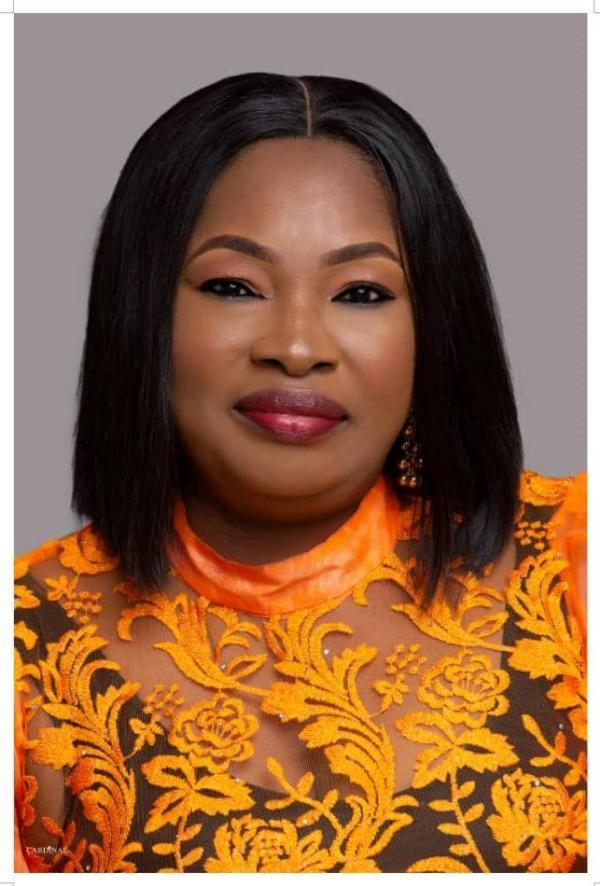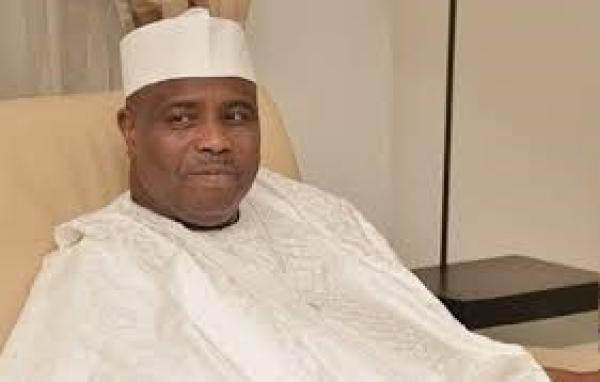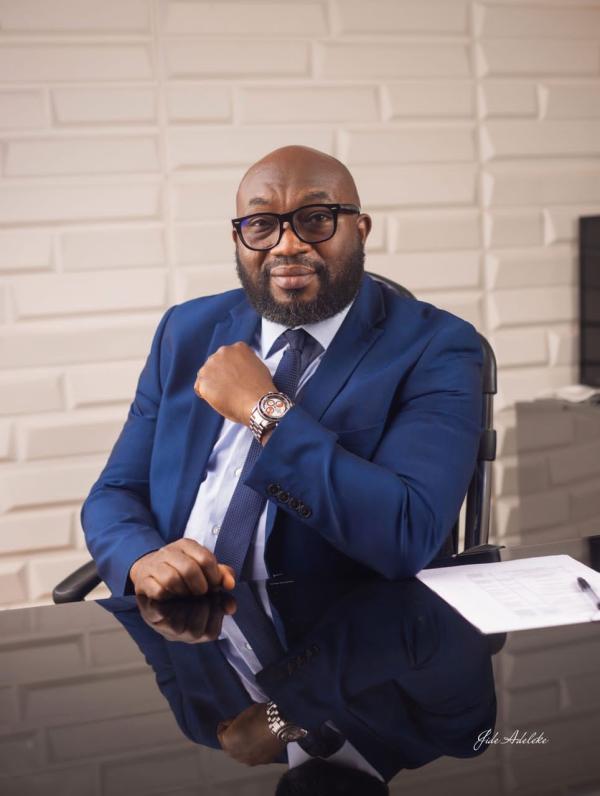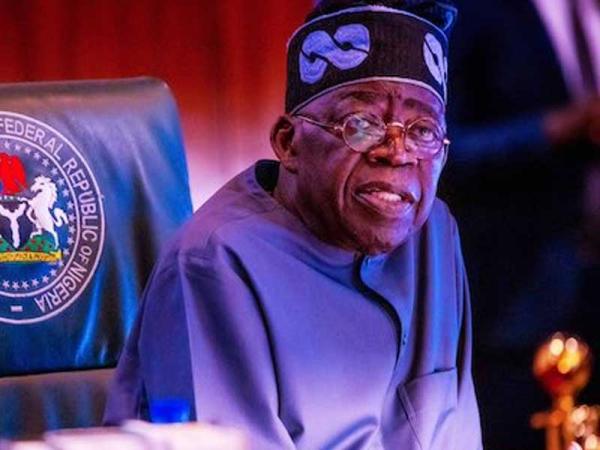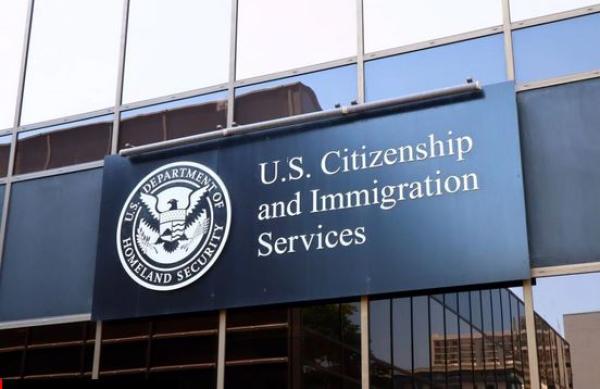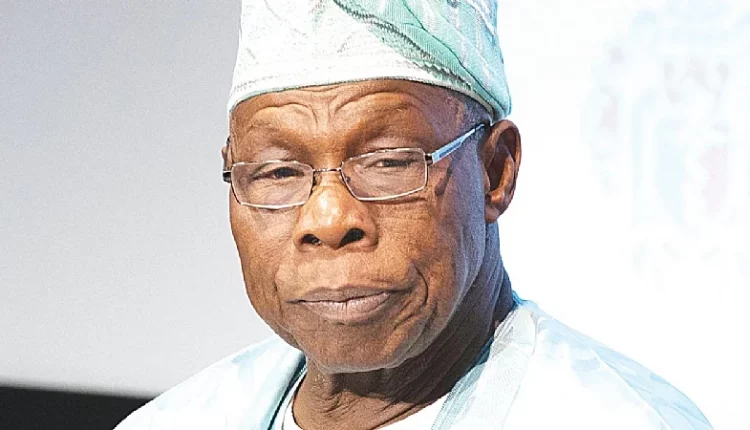
To sanitise the democratic process in Nigeria, analysts have called for a review of the Electoral Act in light of recent disruptions emanating from the courts.
Prominent Nigerians, among them ex-president Olusegun Obasanjo, his former deputy, Atiku Abubakar, and former INEC Chairman, Attahiru Jega, have recently expressed dismay at the turn the democratic journey has taken in the country, and have called for an overhaul of the entire process, including a review of the Electoral Act.
Comrade Baba Aye, a seasoned labour activist, said, “First and foremost, I think that the often expressed belief that judiciary is the last hope of the common man and woman should be shown for the half-truth it is.
“Even in the most democratic of liberalist rule, it is meant to ensure law and order.
“Justice is at best of secondary interest where it does not run against the interests of the ruling class as a whole, or its more dominant faction.
“To the specific case of Nigeria, it reflects the broader context in which the country’s judiciary functions.
“The concrete practice of liberal democracy in any clime cannot be understood outside its political economy.
“With the ‘fantastically corrupt’ nature of civilian rule in our country, it is actually surprising that the decisions of the tribunals have not been more brazen.
“It is only playing its part in weakening democracy, if we see it as ‘the government of the people by the people for the people’, alongside the Executive and Legislative arms of government.
“We need a holistic change, a revolution, to bring an end to our appalling political and judicial reality.”
Barrister Emeka Iheonu, a Lagos lawyer, has expressed fears that with several controversial political and electoral decisions so far on the 2023 general elections, the Nigerian Judiciary may have been weakening the nation’s democracy.
He said: “Gone are the years when we had eminent jurists whose decisions stood the test of time and who were regarded in high esteem due to their integrity.”
Chief Emeka Charles Kalu, a Peoples Democratic Party (PDP) chieftain and President, Eck Foundation, said: “Reading from the activities of the election petition tribunals and Appeal Court in handling the 2023 general elections-related matters, one may stand to doubt the integrity of our democracy and its future survival and efficiency.
“One may be constrained to trust the sanctity of the judiciary in upholding our fledgling democracy taking into consideration a series of Appeal Court verdicts nullifying state and National Assembly elections.
“Today, we have on record the nullification of Plateau, Zamfara, Nasarawa and Kano State governorship elections by the appellate court on confusing reasons, yet to be clearly defined and interpreted by the law.
“The most worrisome was the unclear interpretation of law terms on the Certified True Copy (CTC) of the appellate court judgment on Kano State governorship petition.
“Here, the copy of the judgment affirmed Yusuf of the New Nigerian Peoples Party (NNPP), the winner, while the voice declaration of the same gave a different report.
“So, one could see how justice is threatened and it is left for the apex court to correct this bad impression by interpreting the true position of the law on such ambiguity.
“Nigerian democracy is fast being dragged in the mud going by the hands with which the judiciary pilots the affairs of the institution.
“The continued sack of PDP state and federal lawmakers by the appellate court, while declaring the APC candidates winners of these seats raises suspicion that the court is influenced at the expense of opposition parties.
“You would agree with me that none of APC elections, be it at the state or federal levels, had ever been declared illegal, rather the heavy axe of the law always falls on PDP and Labour Party, respectively.
“I see it as a conniving, calculated and shortchanged plots with the power at the centre to deplete the number of opposition National Assembly members to pave the way for APC in making Nigeria a one-party state.
“Otherwise, I cannot find any reason. It would be only the opposition that has been losing their seats, while the APC keeps getting victory and judicial affirmation of their elections.
“In a nutshell, the level of public confidence in the nation’s judiciary has truly suffered lapses and for this reason, the prospective judges drafted to fill the vacant gaps in the Apex Court Bench have important roles to play.
“The Attorney General of the Federation, who is the nation’s Chief Law Officer, is expected to filter off the bad eggs throttling the transparency in the institution.
“Critically vetting judges before their appointment should be given priority attention to avoid carelessly polluting the entire structure with corrupt and conscience defamed ones.
“The INEC, on its part, requires an overall reforms in leadership, management and orientation so as to get it back on the right tracks to be functioning in accordance with the norms and values of transparency, which is the true philosophy on which a nation’s electoral commission is genuinely skewed , established and constituted.”
Comrade Aluh Moses Odeh, a youth activist and National Leader, All Middle Belt Youth Forum (AMBYF), stated: “Sometimes, politicians create problems just to look for who to blame.
Also, when they are in position to right the wrongs, they always refuse to do so, but try to take advantage of the errors to justify their selfish interests.
“The 2022 Electoral Act has errors, especially, the 21-day period to file a petition is too short. Also, the pre-election matters that are exclusively reserved for only party members is wrong.”
Ambassador Kalu Ofon Emmanuel, a cleric and public affairs commentator, who is the Lagos State Chapter President of the International Human Rights Protection Service, Florida, USA, stated, Sincerely speaking, considering the controversial decisions of the election tribunals and the courts, I may have to think the judiciary is killing and not strengthening Nigeria’s democracy.
Most people in elected positions both at the national and state levels are consequent upon perverted election tribunals and the courts judgments.
“Some of them have no fear of God and that is why Nigeria’s democracy is absolutely suffocating to gross death.
“The judiciary is meant to uphold the standard and integrity of democracy and not to kill it rather to strengthen it.
“The Nigeria judicial system has lost the trust of the international community because of what played out since April till date.
“It has become the system of bribery monopoly and of the highest financial bidder. May God save us and restore the dignity of the judiciary system.”
Dr Rexkennedy Saltlove, President/Executive Director, Citizens Rights and Empowerment Advocacy Initiative (CREMA Initiative), “The dynamics of Nigeria politics and the role tribunals and judiciary are playing or has come to play so far, need to give patriotic citizens concerns.
“These concerns are borne out of the ground of existing facts within the Nigeria political landscape, when a lot of things are taken into context.
“This brings us to the issue of the Judiciary, which so far is really saddening and disappointing, regarding the judgment passed so far, that the average citizens do not have faith in them regarding issues on political matters.
“The valedictory messages by Justice Musa Dattijo Muhammad seem to put a nail in the coffin of having faith in the judiciary.
“This lack of faith in the judiciary does only help in weakening citizens’ faith in the democratic process and our democracy.
“This is evident in the latest election, like that of Kogi where the leading opposition party candidate refused to pursue post-election matters, believing that it is a waste of time and resources.”
Professor John Ebhomien, an All Progressives Congress (APC) chieftain and former International Monetary Fund/World Bank economist, agreed that the democratic process in Nigeria since 1999 had been bedeviled with so many misgivings.
Regarding the views recently expressed by former President Olusegun Obasanjo, ex-Vice President Atiku Abubakar, and former Independent National Electoral Commission (INEC), Prof. Attahiru Jega, on the nation’s democratic process, he said: “The concerns expressed by Chief Obasanjo, Atiku, Jega and others, though germane, were done in bad faith.
“One crucial question to ask is: Why did Chief Obasanjo, Atiku, Jega and others fail to do the needful when they had the opportunity to do so?
“You would remember vividly that Prof. Jega presided over elections that were characterised by misdemeanours, which brought the late Alhaji Umaru Yar’Adua and Alhaji Buhari to power.
“It is on record that the late President Yar’Adua, in his honesty and modesty, confessed that the election that brought him to power was rigged.
“To nip in the bud elections misdemeanours, the National Assembly and the Presidency must review and amend the Electoral Act to ensure free and fair elections.
“In addition, the National Assembly must, as a matter of priority, enact an Act that will make it mandatory for election matters to be adjudicated before the winners are sworn in, from councillors to the president.
“The INEC must be unbundled and special courts created to adjudicate on electoral offences.”
Also responding to Obasanjo’s argument, Abdullahi Oluwakemi Akinsanya, a seasoned banker and public affairs analyst, asked: “What alternative did Obasanjo suggest for us after he had greatly benefitted from the faulty democratic process?
“Jega may be correct, I am not sure. But, from the look of things, most Nigerian politicians are obviously not after the society’s progress, but their selfish desires.
“Otherwise, why should a politician change his party? Couldn’t he or she rightly assess a party before joining?”
Dr. Victor Mathew, a cleric, security expert and Executive Director, Kingdom Advocacy Network (KAN), stated: “The problem with the practice of democracy in Africa, especially in Nigeria, is not that democracy is bad as a system of government.
“But the challenge is how the practitioners are practising this system of government.”
Dr Mathew stressed: “The truth is that democracy is the most expensive form of government, especially because of the legislative arm of government needed for it to function efficiently, this is more so in the case of Nigeria where it is full time and really financial resource consuming.
“Former President Obasanjo advocated for Afro democracy, which I agree with because this will entail retooling the tenets of democracy to suit our African peculiarities.
“The complete adoption of liberal democracy in Africa is having issues because the people do not think and have dispositions of the West because here power is seen as a pathway to primitive acquisition of wealth at the expense of others.
“I also concur with the position of Professor Jega that cross carpeting should be legislated against because it has been abused by our politicians.
“This is also possible because there are no ideological dispositions or bent to political beliefs. Some politicians have transversed all the major political parties, mostly seeking platforms to contest for power.
“I believe when it is outlawed, sanity will be brought to our political parties to deepen political parties’ ideologies, instead of the present practice of seeing political parties as only platforms to get to power and move to another party with ease without consequences.”
“The conduct of elections in Nigeria leaves so much to be desired because INEC has continually failed to live up to expectations
“The courtrooms are now where elections are decided instead of the power of the ballot because INEC has failed to conduct free, fair and credible elections despite the humongous budget it has at its disposal.”
On his part, Hon Charles Anike, National President, Eastern Union, stated: “The general concerns and divergence opinions still being expressed across the country by some actors regarding the democratic processes in Nigeria so far is very worrisome.
“This is so because since Nigerian Independence, this Fourth Republic has so far been the longest democratic experience witnessed in the country.
“Ordinarily, as a well-endowed, well enlightened and well educated society, a lot of improvement is expected in our political development so far.
“Unfortunately, the situation has become worse because the present crop of politicians is nothing but disguised bandits.”












